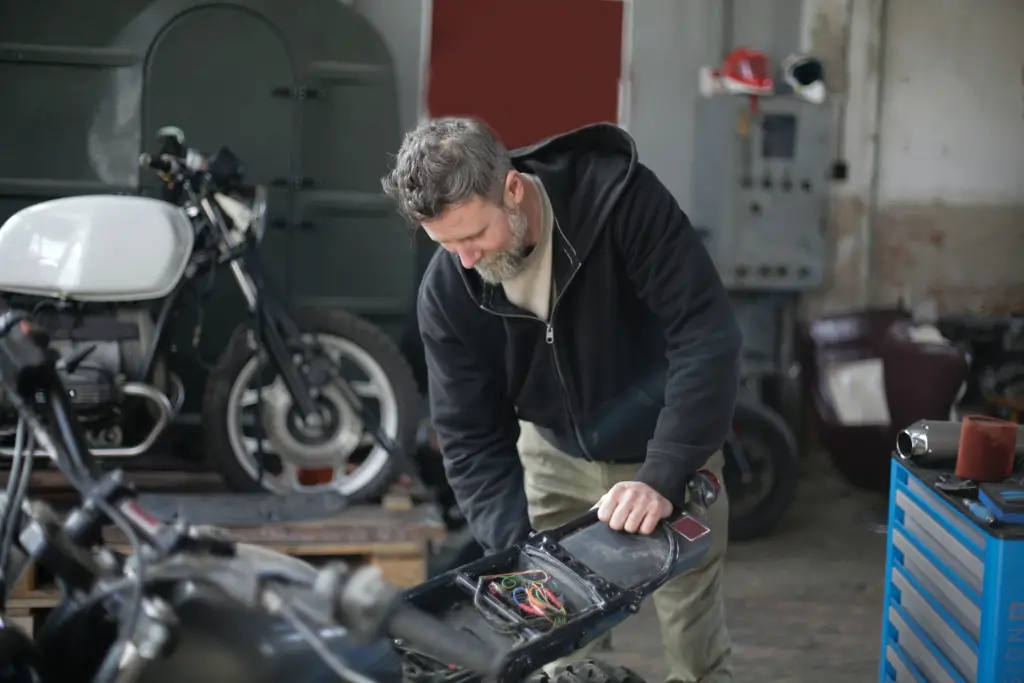Soft starters are devices used to control the starting current of electric motors, providing a gradual ramp-up in voltage to reduce the stress on the motor and connected equipment. This section will explore the definition of soft starters and highlight their significance in various industrial settings.
Additionally, it will explain how soft starters help in controlling motor starting currents, preventing issues such as voltage drops and excessive mechanical stress.
Soft starters play a crucial role in motor control and energy efficiency. This section will provide an overview of the benefits of using soft starters regarding energy savings and motor protection.
It will discuss how soft starters contribute to smoother motor acceleration, minimizing mechanical stress and extending the lifespan of the motor and associated components.
Furthermore, it will highlight the impact of soft starters on energy efficiency, as they reduce power surges during motor startup, resulting in lower energy consumption and operational costs.
Benefits of Soft Starters
Reduced Mechanical Stress on Motors and Equipment
Soft starters, such as the Schneider Altistart 22, provide a gradual ramp-up in voltage, resulting in smoother motor acceleration. This reduces mechanical stress on the motor, transmission, and connected equipment, improving reliability and prolonged lifespan.
Smooth and Controlled Motor Starting
Soft starters ensure controlled motor starting, preventing sudden voltage surges and excessive torque. This enables a smooth startup, minimizing equipment vibration, belt slipping, and gear wear, improving operational efficiency.
Energy Savings and Cost Reduction
Soft starters optimize energy consumption by limiting the high starting currents associated with direct-on-line motor starting. By reducing power surges during motor startup, they help minimize peak demand charges and lower energy consumption, resulting in significant cost savings.
Protection against Electrical and Mechanical Faults
Soft starters provide comprehensive protection against electrical and mechanical faults. They monitor motor parameters such as current, voltage, and temperature, allowing for quick detection of abnormalities. In case of overloads, phase imbalances, or motor overheating, the soft starter can take necessary actions to protect the motor and connected equipment, enhancing safety and preventing costly damages.
By incorporating the Schneider Altistart 22 soft starter, these benefits are further amplified, ensuring reliable and efficient motor control in a wide range of industrial applications.

Applications of Soft Starters
Pump Applications
Soft starters find extensive use in pump applications, such as water supply systems, irrigation systems, and wastewater treatment plants. They enable smooth and controlled starting and stopping of pumps, reducing water hammer effects, and protecting pipes and valves from excessive pressure.
Compressor Applications
Soft starters are ideal for compressor applications in industries like refrigeration, air conditioning, and manufacturing. They ensure gradual acceleration and deceleration of compressors, minimizing the risk of sudden pressure surges and reducing wear and tear on compressor components.
Conveyor Systems
Soft starters play a crucial role in controlling the starting and stopping of conveyor belts in industries like mining, logistics, and material handling. They provide controlled acceleration and deceleration, preventing belt slippage, reducing stress on the motor, and enhancing overall operational efficiency.
Fans and Blowers
Soft starters are commonly used in HVAC systems, ventilation systems, and industrial fans and blowers. They enable a gentle and controlled start, eliminating the sudden high currents associated with direct-on-line starting. This results in reduced mechanical stress on the motor and improved energy efficiency.
Centrifuges and Mixers
Soft starters are employed in centrifuges and mixers used in industries such as pharmaceuticals, food processing, and chemical processing. They ensure smooth starting and stopping, preventing material spillage, reducing motor wear, and improving product quality.
Cranes and Hoists
Soft starters are essential in crane and hoist applications, providing controlled acceleration and deceleration for precise positioning and load handling. They minimize jerking motions during motor starting, resulting in smoother and safer operation, while also reducing stress on the motor and associated equipment.
By applying soft starters in these applications, industrial processes can benefit from enhanced motor control, improved energy efficiency, reduced maintenance costs, and extended equipment lifespan.
Installation and Maintenance Considerations
Proper Installation Guidelines
It is important to follow the manufacturer’s guidelines and recommendations for the correct installation of soft starters. This includes proper wiring, grounding, and configuration to ensure optimal performance and safety.
Routine Maintenance Procedures
Regular maintenance is essential to ensure the continued operation and longevity of soft starters. This may include periodic inspection, cleaning, and testing of components, as well as verifying proper connections and functionality.
Troubleshooting and Fault Analysis
Soft starters may encounter occasional issues or faults that require troubleshooting. Familiarize yourself with the troubleshooting procedures provided by the manufacturer, and use diagnostic tools and techniques to identify and rectify any problems efficiently.
By adhering to proper installation practices, conducting routine maintenance, and having the knowledge to troubleshoot, users can ensure the reliable operation and longevity of soft starters in their industrial applications. Consult the manufacturer’s documentation and seek professional assistance when needed to optimize the performance of soft starters.
Case Studies and Examples of Soft Starter Applications
Explore case studies where the implementation of soft starter has proven advantageous in various industries. These examples will highlight the specific challenges faced, the soft starter’s role in addressing those challenges, and the resulting benefits achieved.
Hear from satisfied customers who have experienced the positive impact of using soft starters in their industrial applications. These testimonials will provide insights into the specific soft starter model used, the improvements observed in motor control and energy efficiency, and the overall satisfaction with the performance and reliability of the soft starters.
By examining real-world examples and hearing from customers who have implemented soft starters, businesses can gain a better understanding of the benefits and potential applications of soft starters in their own operations.
Throughout this article, we have explored the definition and importance of soft starters in industrial applications. We have discussed how soft starters play a crucial role in controlling motor starting currents, improving energy efficiency, and protecting motors and equipment from excessive stress and faults. We have also examined their applications in various industries, including pumps, compressors, conveyors, fans, centrifuges, mixers, cranes, and hoists.
Soft starters offer significant benefits in terms of reduced mechanical stress, smooth and controlled motor starting, energy savings, and protection against electrical and mechanical faults. By implementing soft starters businesses can enhance motor performance, improve energy efficiency, and extend the lifespan of their equipment.
In conclusion, soft starters are essential components in industrial applications, providing reliable and efficient motor control. Their ability to minimize starting currents, protect motors, and optimize energy consumption makes them a valuable asset for businesses striving for operational efficiency and cost reduction.










